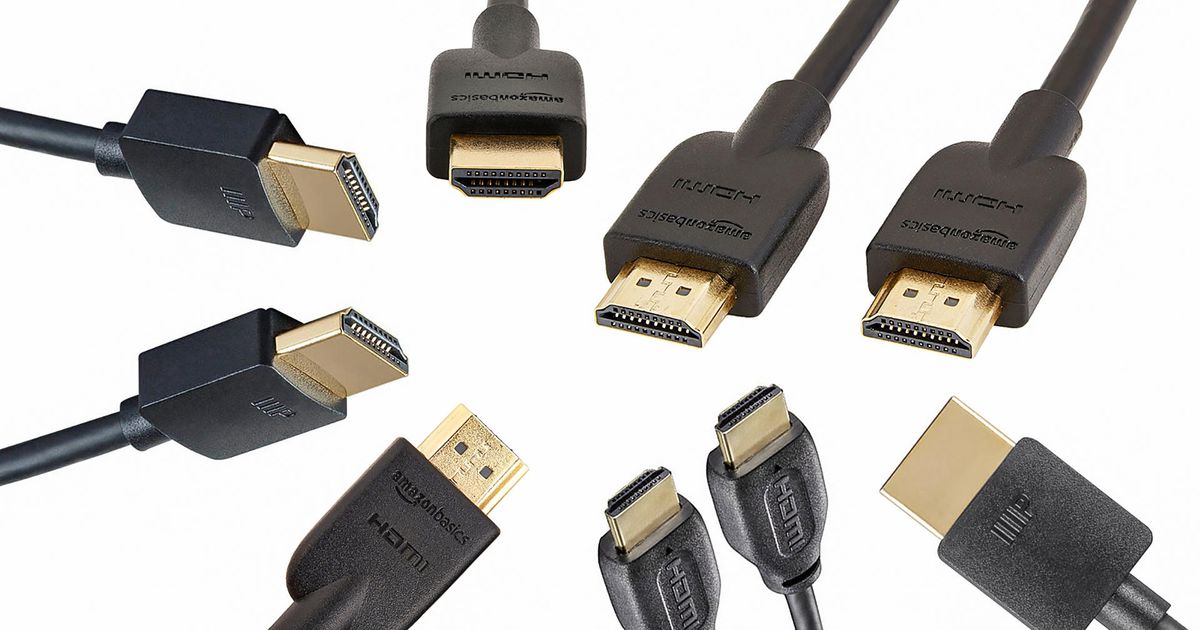We all crave the best of the best when it comes to tech, but unfortunately, many industry lies have been fabricated in order to sell and make money, and one of these is outrageously expensive HDMI cables.
I’ve seen some HDMI cables go for up to $13,000 and let me just say – no one needs to spend that much on HDMI cables, let alone hundreds.
Cables are probably the last item that should cost thousands of dollars, and I’m here to tell you why.
HDMI cables are transmitters, not processors
The first thing you need to know about HDMI cables and understand why some aren’t worth more than others is that they all perform the same function – to transmit an electrical signal from your device to your TV.
There is no processing or intelligence built into the cables to make the colors and picture quality better, but simply just wires and pins that connect to carry a picture and audio signal to your TV.
The real faults lie in long vs. short runs, not the cable
You may be confused about what long or short runs are, but I’ll explain it in its simplest terms, so you get the idea. People use HDMI cables for different purposes, and some people may need longer cables (more than 5m) than shorter ones.
Longer run purposes need better-built cables to avoid errors. Short cables work practically all the time and encounter fewer errors because the signal doesn’t need to travel very far, so the only way the cable wouldn’t work is if the cable itself is faulty.
With longer cables, the variables of the transmitter and receiver combo in the source and display, and the receiver if you’re using one, can mean that the cable won’t be able to handle all the data being transmitted.
Long cables can also run into interference problems or just be built poorly, which means that the only difference is in if the cable will work over short or long distances, not in its image quality.
There is only cable quality difference, not picture difference
As I mentioned, there’s really no difference in the kind of picture quality you can get from a more expensive HDMI cable compared to a less expensive one.
The only real difference is in how the cable is made.
Manufacturing quality makes the difference in how the HDMI cable performs in terms of whether the signal will be transmitted or not over long distances.
As with anything, if the cable is better made, then it will also last longer. If you don’t need a super-long cable, though, you have nothing to worry about.
Short HDMI cables made for Blu-ray players and cable/satellite boxes will work with just about any HDMI cable, even ones that cost $10.
If you need longer HDMI cables, then you’d use what are called active cables, which can be more expensive.
Other than that, you don’t need to worry about if your HDMI cable will be good enough or not; all HDMI cables are inherently the same, and you don’t need to buy more expensive ones in hopes of a “better” picture quality, and should only be spending that kind of money if you absolutely need long HDMI cables.
